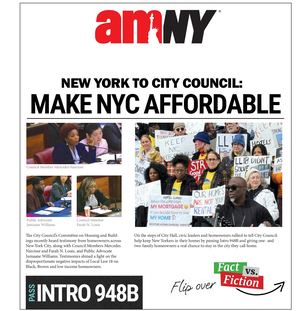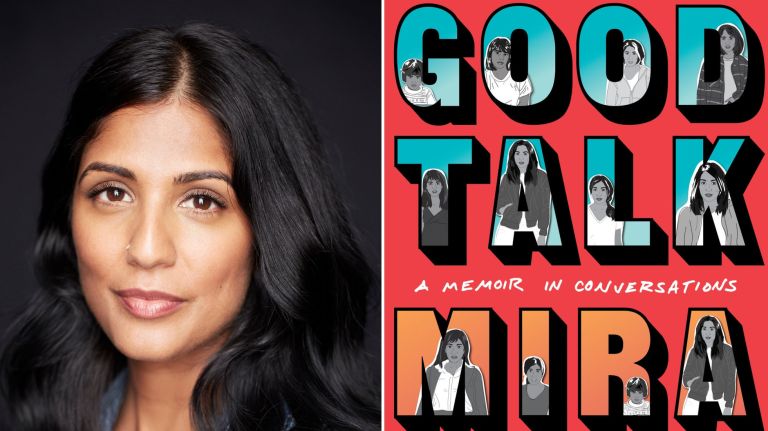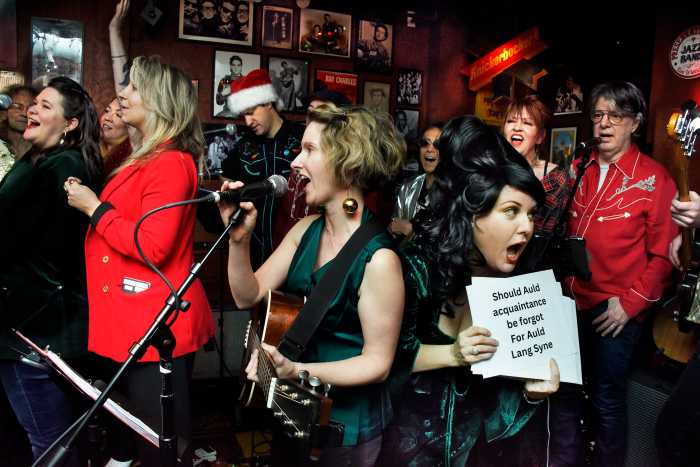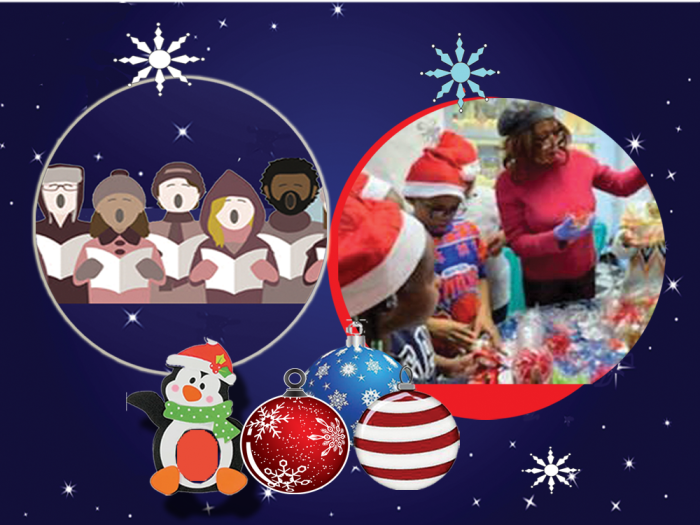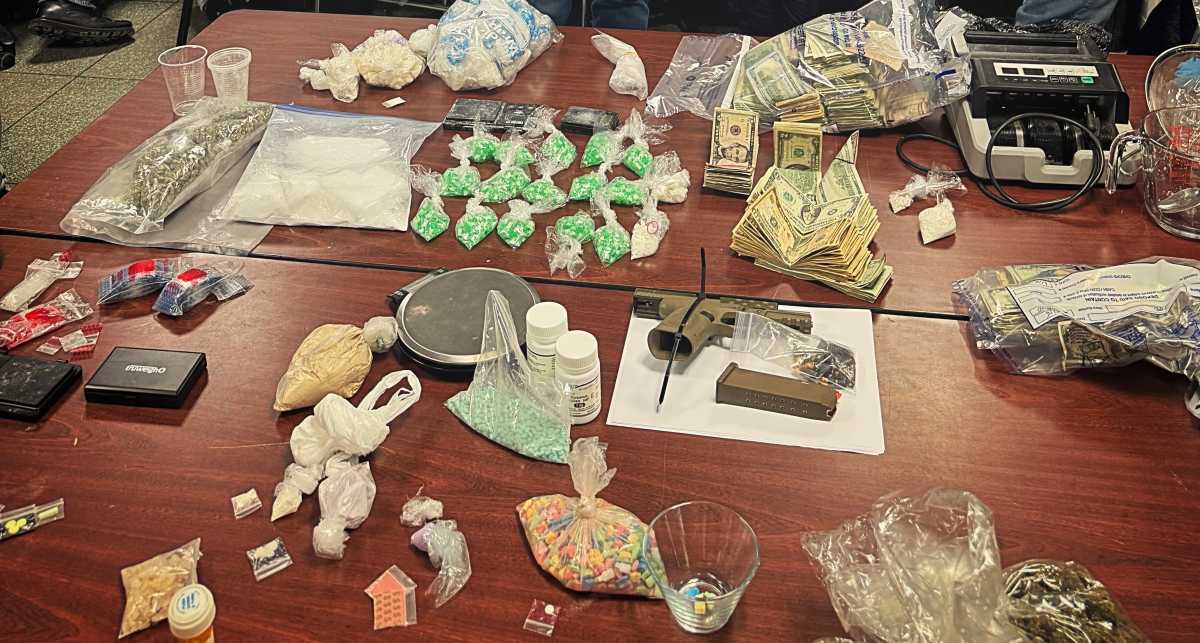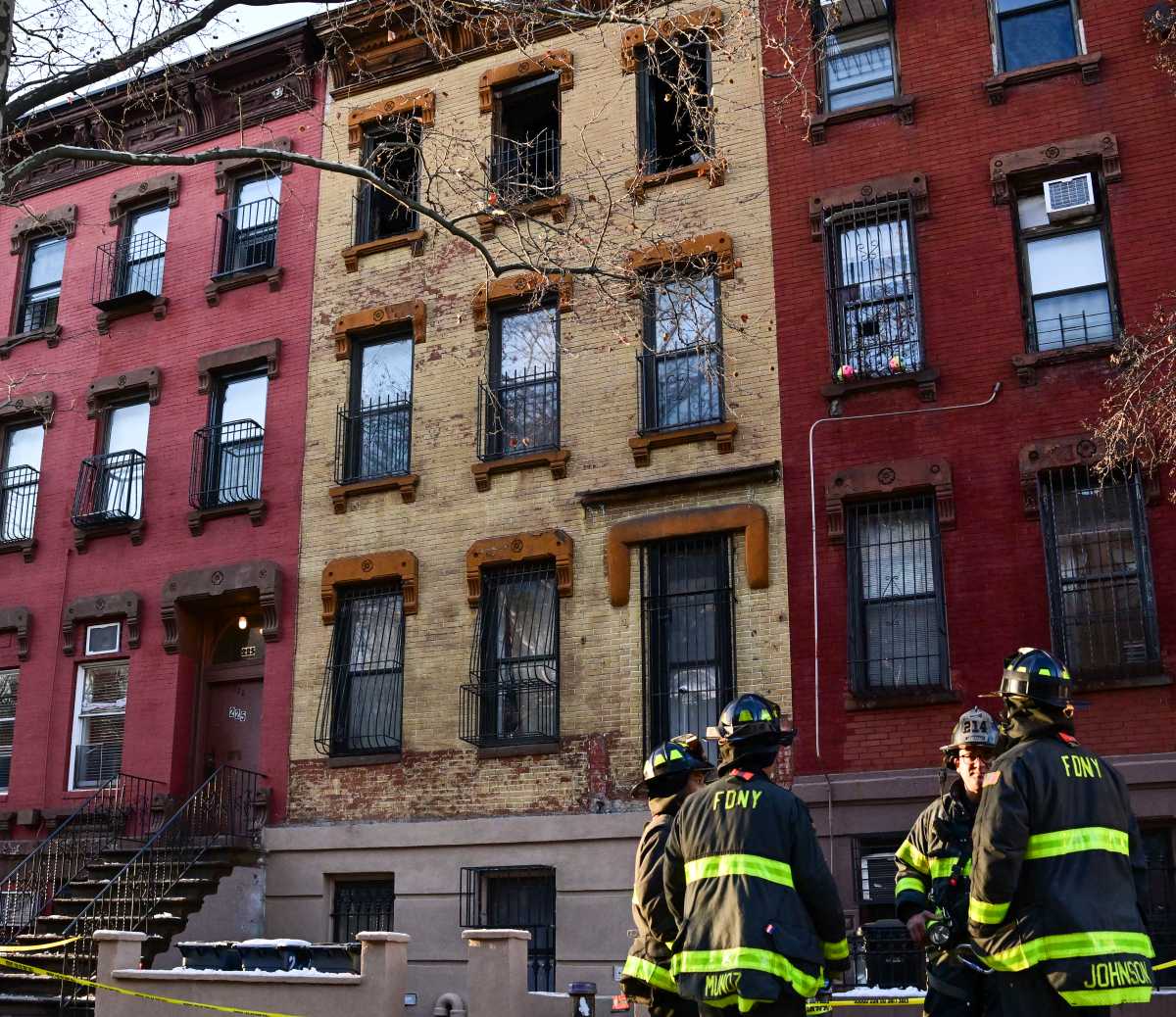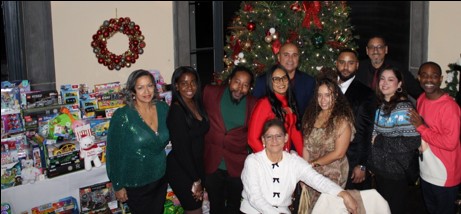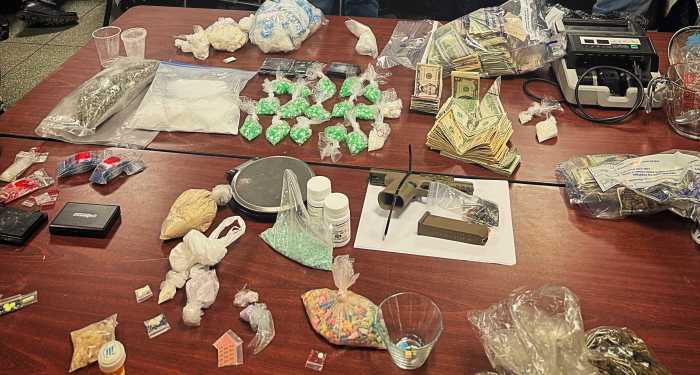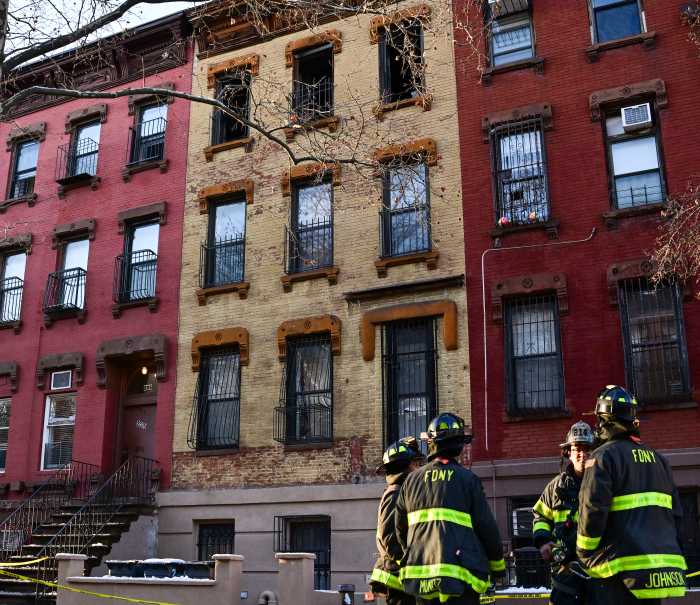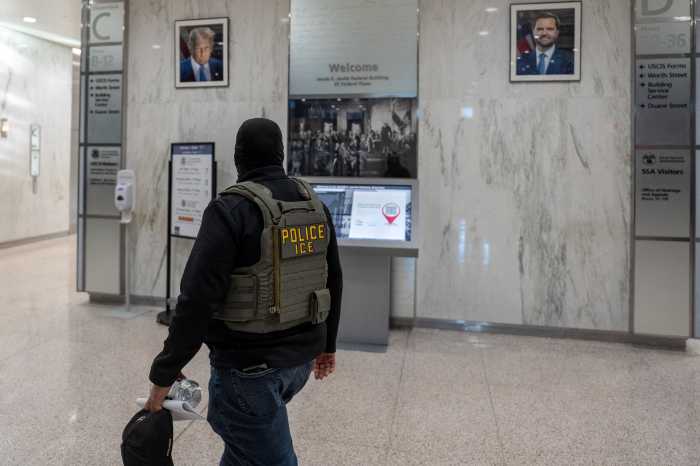
Recent political and sociological trends may have scared Mira Jacob, but her response is utterly fearless.
The Brooklyn-based author (“The Sleepwalker’s Guide to Dancing”) is East Indian; her husband is Jewish. In 2014, the couple’s then-6-year-old son began asking questions about race in America, questions that increased as the 2016 presidential election heated up.
“Good Talk” is a perceptive and impactful graphic memoir that grew out of those conversations about race, racism, bigotry and the need so many Americans have to see only through their preconceptions, no matter the facts before their eyes.
“I wrote the book for people like me who have always been invisible,” Jacob told amNewYork. “And for mixed-race families who feel really torn up every single day in this country and can’t see themselves.”
amNewYork spoke with Jacob about her new book, out Tuesday.
How does the graphic novel format add to this particular topic?
When I was trying to write specifically about … race and about America, every single thing I wrote, I would sort of project ahead to the comments section. … It was my son’s questions, and I just didn’t want people skewering him online for something that I hadn’t managed to convey well enough with words. In the frustration of that moment … I drew us on printer paper and cut us out, we looked like paper dolls … and drew our conversation on top of that … and it was just very freeing. … And I stopped worrying about what the commenters were going to think because if they wanted to listen to us, they were basically eavesdropping.
You started this book when Barack Obama was still president. Did it change as you wrote?
Drastically. When I pitched the book, I pitched it as, “These are conversations I’m still confused about,” and the hope was to kind of get into the conversations about identity that don’t make sense and rumble around your head. And then as Trump was rising, and Ferguson had happened, but then there were more and more killings of black people all over the United States, and as my son was seeing all that, and then as his grandparents started also following Trump and became Trump supporters, all of it was very confusing. And it really sharpened the focus because I was really scared of everything that was happening. And I realized there was an urgency to it.
Do parents have an increased burden now?
Yes, and I don’t think there is a parent in any time that would say anything differently, but there are people in this world who tell me — because people love to tell a mom how to mother — you’re giving him a chip on his shoulder, you’re talking about this too much, you shouldn’t be talking to him about this. … I try really hard to only answer the questions that he asks me, and not further that knowledge, because I think there’s just a lot to be scared of in this world for a young, brown boy.
You end on a quasi-hopeful note, saying that if your son has hope, you will have hope.
I don’t have hope for changing the minds of people that just do not want to interact with any of this information, for whom their entire sense of identity will crumble if they have to acknowledge the pain they’ve put other people in. … The people that I think I can reach, and the people that I do my best thinking for, are the generation right under me and my son’s generation. … I watch what they’re doing and I watch how they’re handling themselves and feel like they’re really smart. … That makes me feel quite good about the future.
IF YOU GO
Mira Jacob celebrates the launch of "Good Talk" at McNally Jackson Books in Brooklyn on Tuesday at 7 p.m. | 76 N. Fourth St., Williamsburg, 718-387-0115, mcnallyjackson.com
